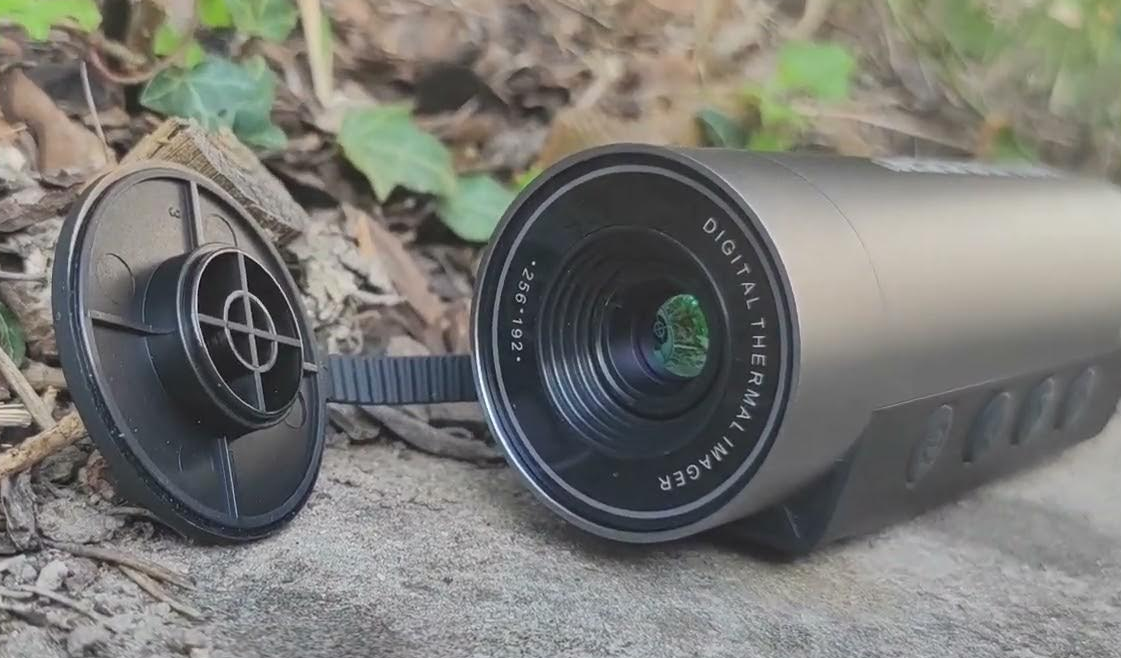Thermal and night vision optics are essential tools for outdoor enthusiasts, security professionals, and wildlife observers. They help you see in the dark and detect heat signatures, providing a clear view in low-light or no-light conditions. One critical feature you should know about is the waterproof capability. Waterproof thermal monoculars are designed to withstand wet environments, ensuring they function properly even in rain or when submerged in water. This feature is crucial for maintaining the monocular’s longevity and performance.
Thermal and night vision optics are incredible tools that enhance our ability to see in the dark. They open up a world of possibilities for outdoor adventures, security operations, and wildlife observation. However, their effectiveness depends on their durability and resistance to environmental factors. Waterproof thermal monoculars offer the protection needed to keep these devices functioning optimally. Do not let water damage your investment—choose a waterproof thermal monocular and enjoy clear, reliable vision in any condition.
Let us explore the importance of this feature and the potential damages a thermal monocular can face without it.
Water ingress
When a thermal monocular is not waterproof, water can easily seep into the device, especially during heavy rain or accidental submersion. This water ingress can damage the internal components, rendering the monocular useless. Moisture inside the device can cause short circuits, disrupting the electrical system, and rusting of metal parts, leading to permanent damage. Over time, even small amounts of water can lead to significant corrosion, ultimately compromising the device’s functionality.
Condensation
Non-waterproof thermal monoculars are highly susceptible to condensation. When used in humid or wet conditions, moisture can accumulate inside the device, leading to foggy lenses and obstructed views. This condensation makes it difficult to see through the monocular, reducing its effectiveness. Over time, the trapped moisture can infiltrate the internal electronics, causing corrosion and potential short circuits. This ongoing exposure to moisture can lead to significant malfunctions, ultimately compromising the device’s reliability and performance.
Corrosion
The internal components of a thermal monocular are highly sensitive to water exposure. Without proper waterproofing, even minimal water contact can cause corrosion of electronic circuits and metal parts. This corrosion weakens the structural integrity of the device, potentially leading to complete failure. Over time, the corrosion process can spread, exacerbating the damage. What starts as a small issue can escalate, compromising the monocular’s performance and longevity, ultimately rendering it unusable if not addressed promptly.
Battery damage
Water can significantly impact the battery compartment of a thermal monocular. In non-waterproof devices, water can seep into the battery housing, causing severe battery damage. This moisture can lead to short-circuits, leakage, or corrosion of the batteries. Such damage not only disrupts the power supply but also poses safety risks, as leaking batteries can release harmful chemicals. These chemicals can further damage the device and pose health hazards to the user.
Lens damage
The lenses in a thermal monocular are vital for clear vision. Water exposure can severely damage the lens coatings, leading to their degradation. This damage results in blurry or distorted images, compromising the clarity. Furthermore, water spots on the lenses can interfere with the thermal imaging capability, diminishing the device’s overall effectiveness. Such exposure not only affects image quality but also reduces the monocular’s performance and reliability in critical situations.
To sum up
Investing in a waterproof thermal monocular is a wise decision for anyone who relies on these devices for nighttime or low-light activities. Waterproofing ensures that your monocular can withstand harsh conditions and continue to perform reliably. By choosing a waterproof model, you can be confident that your thermal monocular will serve you well, regardless of the weather or environment.




